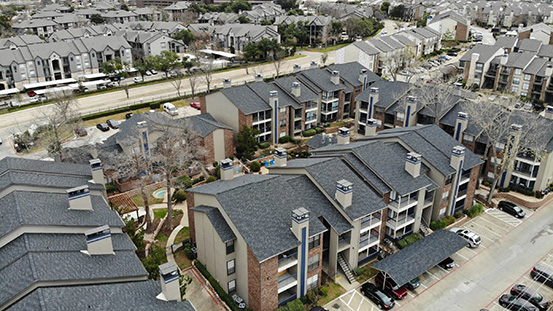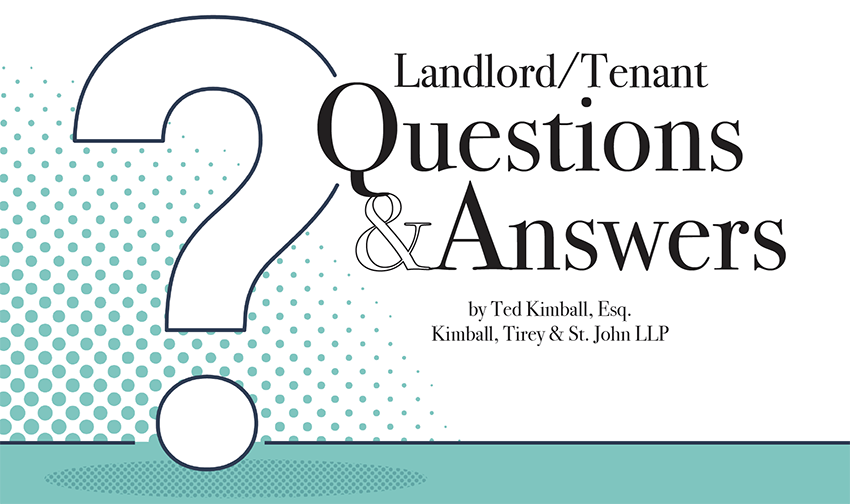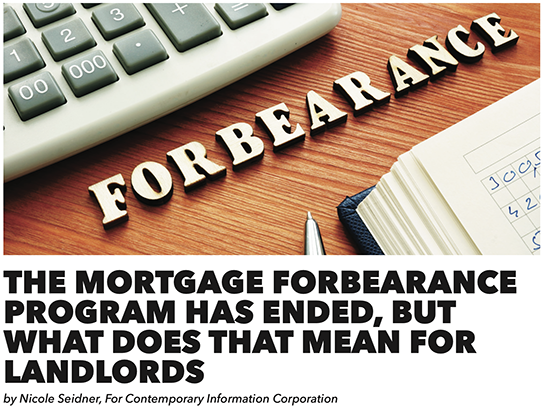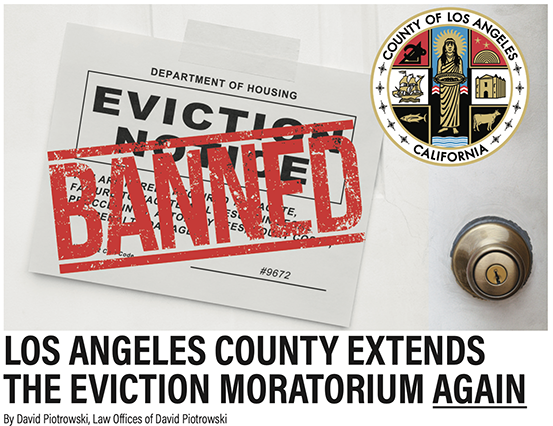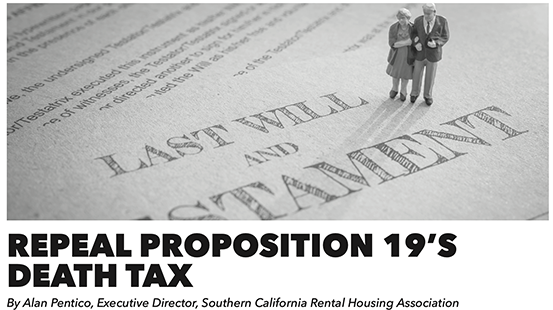NAA – Statement on FCC Policy

The National Apartment Association and National Multifamily Housing Council Issue Joint Statement on the Federal Communications Commission’s New Multifamily Broadband Rule
The Federal Communications Commission (FCC) has issued a Report and Order and Declaratory Ruling for Improving Competitive Broadband Access to Multiple Tenant Environments.
The National Apartment Association (NAA) and the National Multifamily Housing Council (NMHC) are deeply disappointed in the Order and Ruling issued this week by the FCC. The FCC claims its actions will increase competition, lower costs, and promote broadband in apartment buildings.


